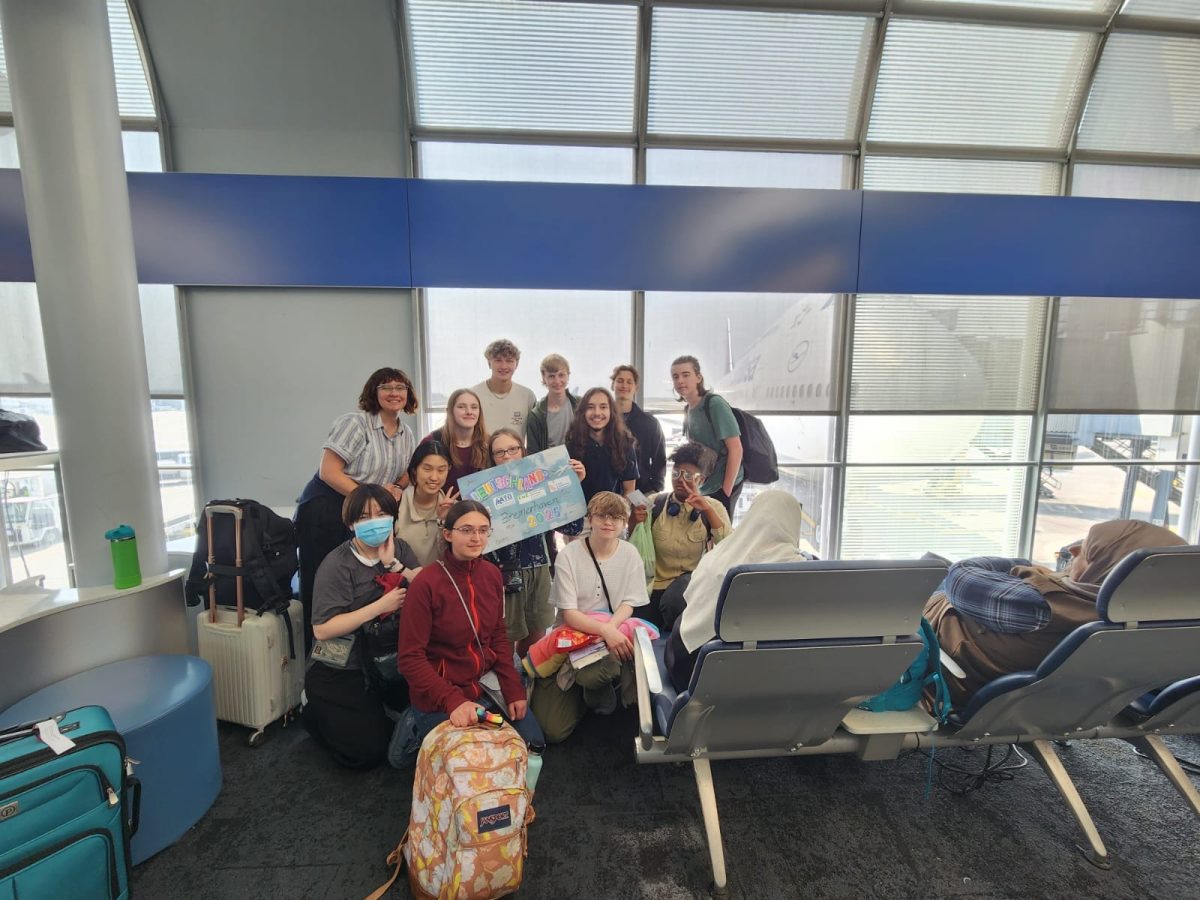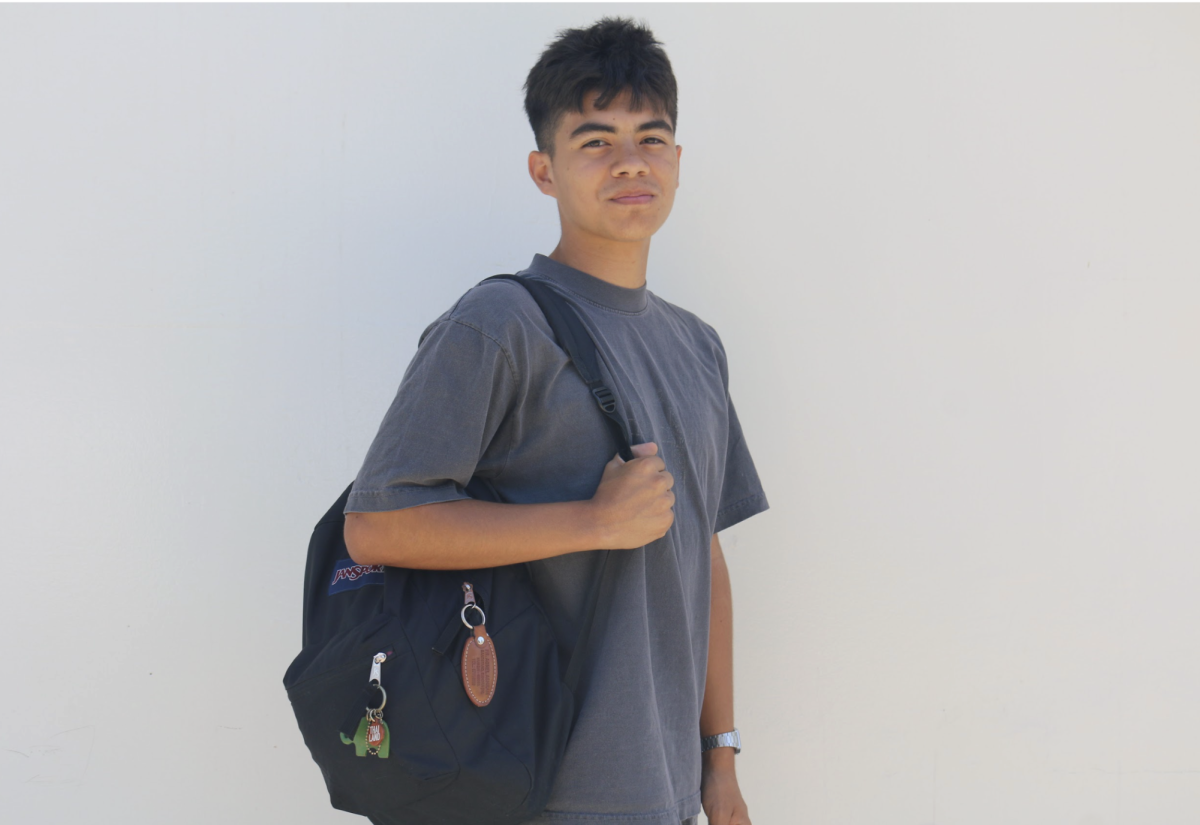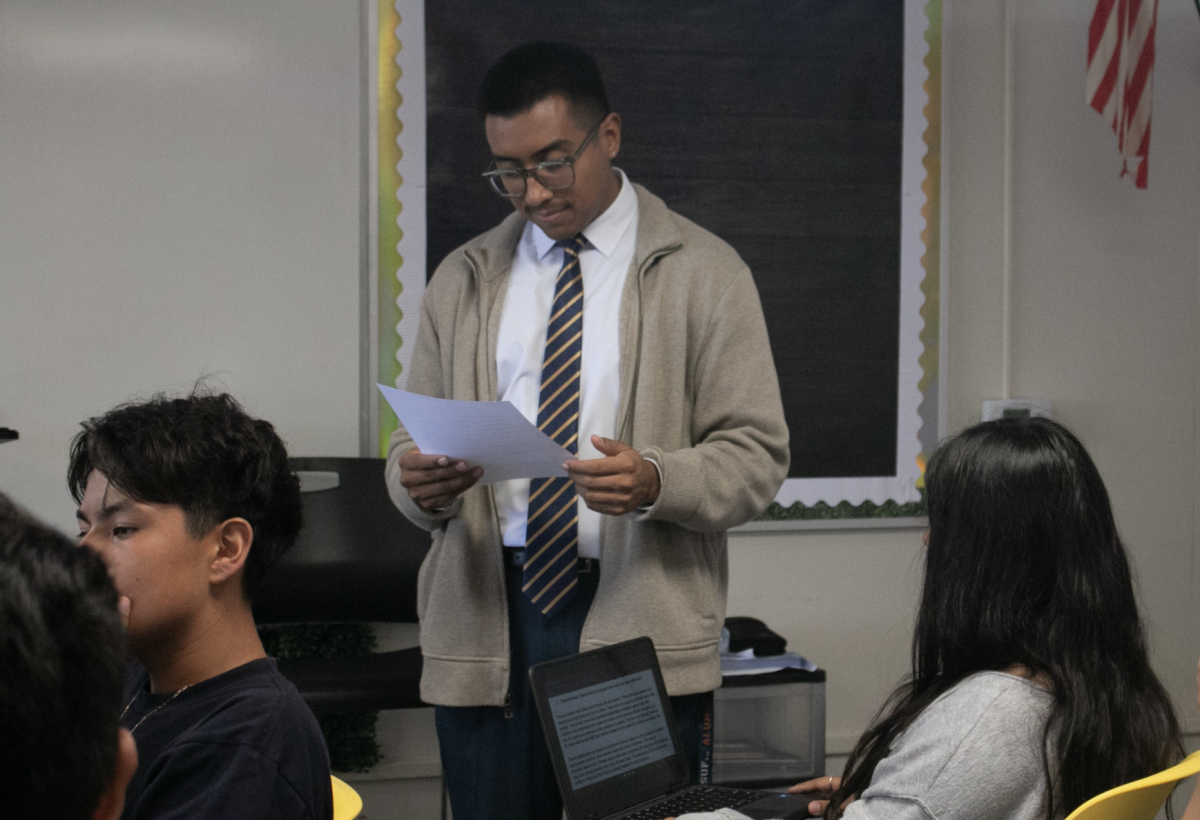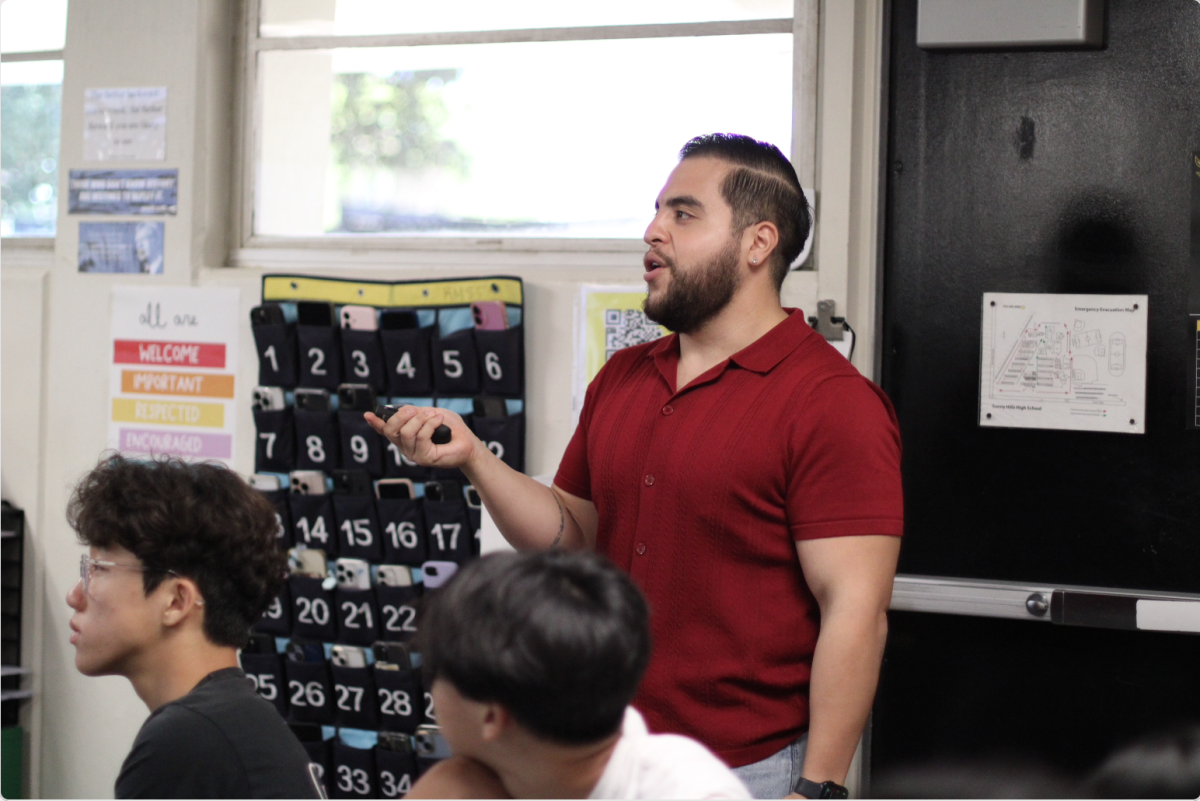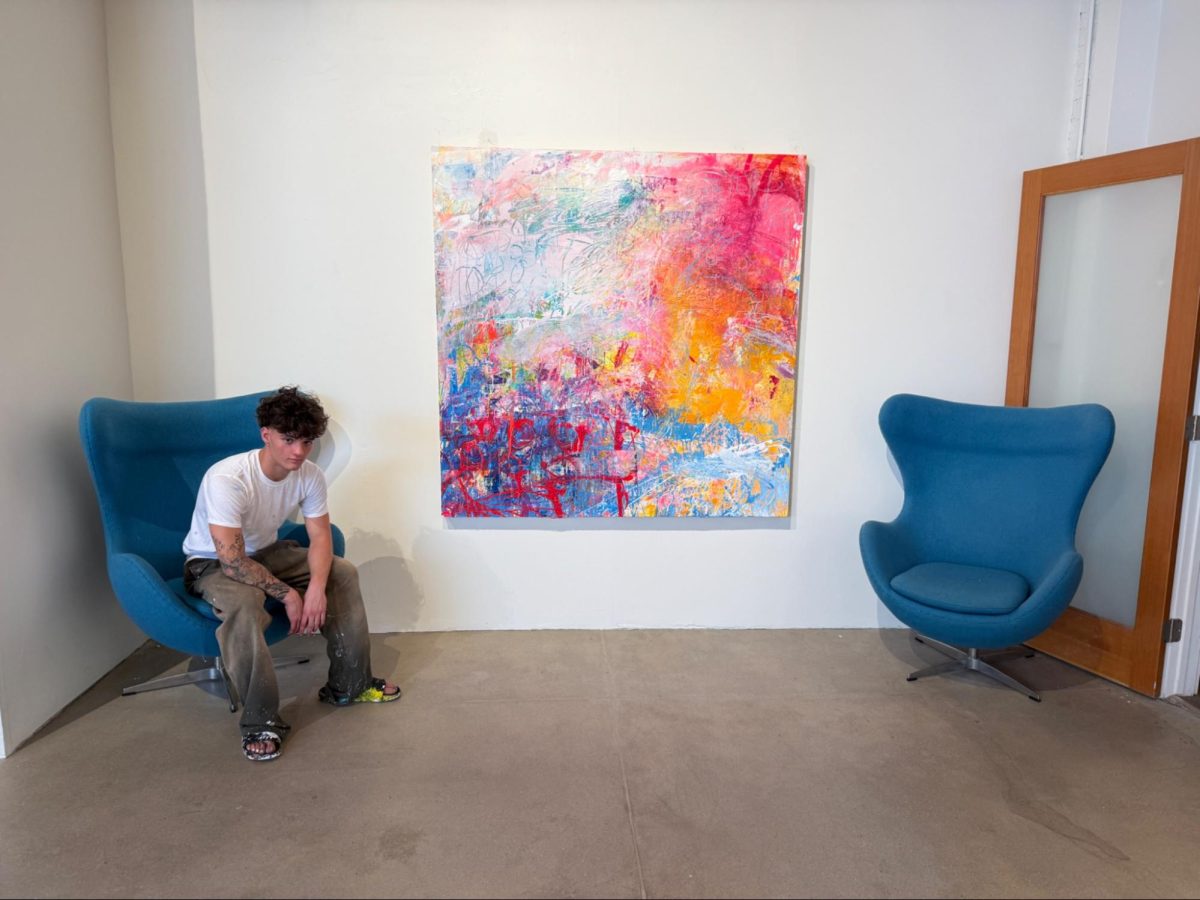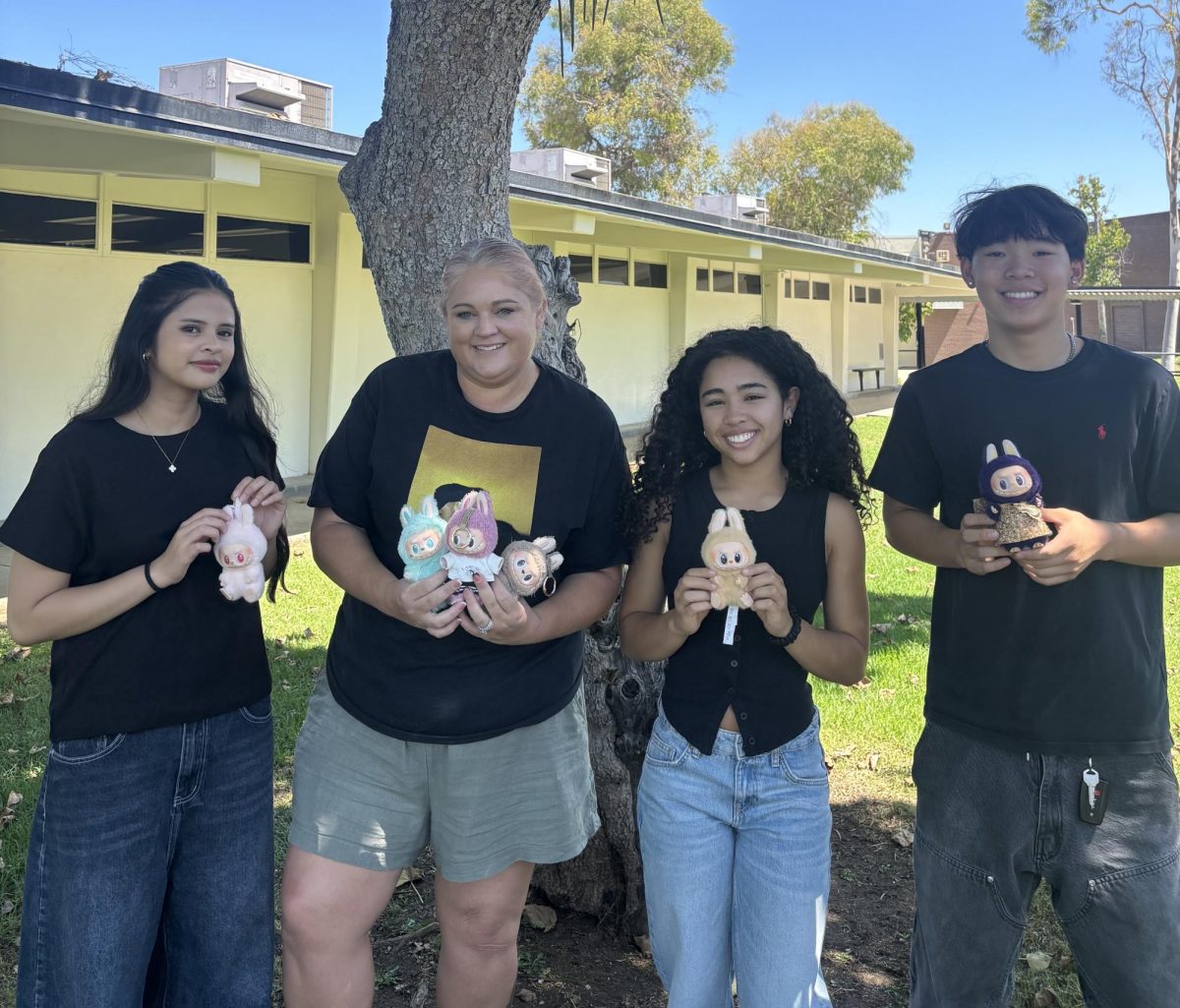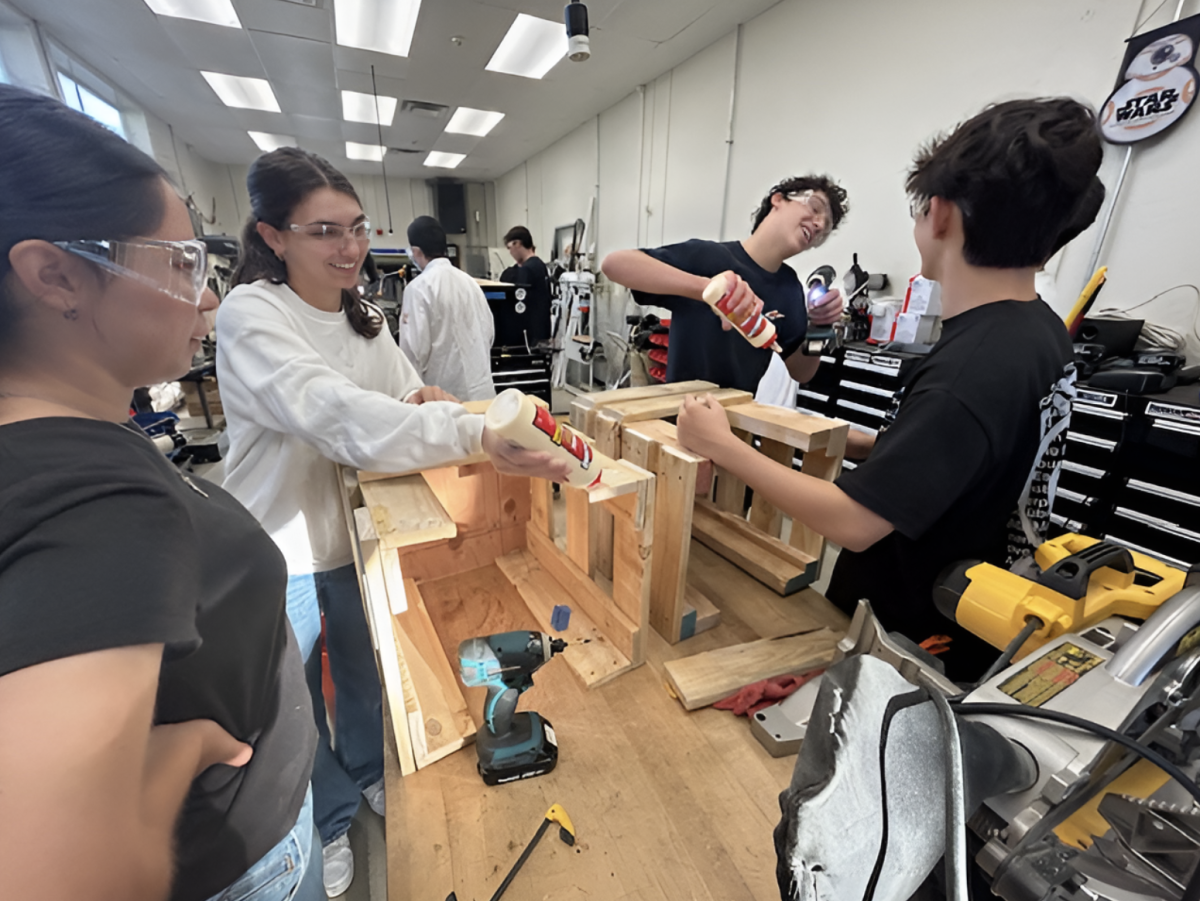Before the widespread COVID-19 pandemic, the Sunny Hills administration had honored students with academic awards like Student of the Month, Lancer Knight and Rotary Top 100. However, titles of individual student recognition like these faded away during the era of muted gray boxes and faces half-covered by woven cotton.
When the COVID-19 pandemic hit, forcing all public schools in the state to shut down mid to late March, several of these awards programs either disappeared or got revamped upon students’ return to in-person instruction more than a year later.
“We used to have Student of the Month awards quite a bit, but it was a lot of work from over 90 teachers to try to [arrange the awards] in their departments,” principal Craig Weinreich said. “We weren’t getting very consistent input from teachers across the board, and during the pandemic, there were just so many other things that teachers had to do, so it was difficult at that time.”
The pandemic also altered Lancer Knight recognitions, as the award ceremony relocated from the Fullerton Auditorium to the SH quad because of safety restrictions within enclosed buildings and became referred to as Lancer Awards Night.
Now more than a year back in person, school officials have approved two new methods to honor students — both of which have little to do with academic achievement.
Introduced in November 2022, the Parent Teacher Student Association’s E cubed award honors students nominated by teachers or staff with a certificate for their effort and engagement in the classroom. Originally proposed near the end of last semester but didn’t start until the 2023-2024 school year, the Lancer LEGEND medallion is another program that recognizes students for their character and work ethic.
“Oftentimes, we just focus on the academic side of things,” said Weinreich, who oversaw the approval process of both recognition opportunities. “We want to focus on the whole student, and that’s always been our balanced approach to create good young adults.”
Though the negative consequences of the COVID-19 pandemic may have lingered strongly in people’s minds, it has also paved the way for positive educational changes. With direct links between mental wellness and recognition, Sunny Hills has updated its ways of honoring students that steer toward increased self-esteem.
To explore the link between teens’ mental health and recognition — even if it’s not for academic excellence — The Accolade reached out to mental wellness and psychology expert Shibeal O’Flaherty.
“Now more than ever, it’s important to understand how to make students feel valued and recognized for their work,” said O’Flaherty, who specializes in behavioral science applications in the professional workplace as a research fellow at Harvard-Kennedy College in Cambridge, Massachusetts. “It’s still really important for the organizational leaders at a school to figure out the best ways to recognize and reward students for a job well done.”
PANDEMIC’S EFFECT ON AWARDS
During the over-a-year period of distance learning in the pandemic, student motivation experienced a sharp decline as the unprecedented COVID-19 crisis impeded peer relationships and introduced uncertainty about the future, according to a 2021 study by the U.S. Department of Education.
The abrupt situational change altered daily responsibilities, causing students to lose motivation in enthusiastically tackling any other tasks, said Wendy Boring-Bray, a doctor of Behavioral Health and Licensed Professional Clinical Counselor, in an August 2020 Psychology Today article.
“The main contributors — being disconnected, not having the chance to be with friends, having that social belonging component — is what drove lower self-esteem across not just students, but everyone,” O’Flaherty said. “If autonomy is low, and if you feel like you have low control over what you’re doing in the job, that’s gonna make you less motivated.”
Teachers found it difficult to develop interpersonal relationships through Zoom, which could have left many deserving students unrecognized during the pandemic, Weinreich said.
In light of such events, SH mental health specialist Staci Balliet said improving students’ mindset is a goal Sunny Hills is striving for.
“I can confidently say that Sunny Hills is putting an emphasis on student wellness and putting several things in place to work toward this vision,” said Balliet, who’s in her first year here in a full-time capacity working in Room 20.
Though Advanced Placement Psychology teacher David Wilde wasn’t aware of what motives the administration had in implementing new recognition programs, Wilde said these awards could be a way of improving students’ low self-esteem.
“There were definitely mental health issues that people observed and recorded for young people and students as a result of COVID-19, so maybe this is a way to try to address those things or try to help those students who are still suffering some of the side effects of that,” said the social science teacher, who also coaches football. “I don’t know if that’s a conscious thing that they did, but it definitely could be.”
By expanding the scope of who can receive these awards and not limiting recognition to a select few based on measurable achievements, Wilde said this fosters a more inclusive community.
“It also gives them a sense of purpose, like they belong as part of this campus community and [are] doing something to help the campus be better, so that’s going to help their mental health,” he said.
WHAT’S THE SELF-EFFICACY THEORY?
Awards have traditionally put the spotlight on measurable achievements, such as academic records or the number of athletic championships.
She refers to the self-efficacy theory, which emphasizes the importance of people’s own perceptions of their capabilities as reflective of their successful outcomes.
“This theory is about our belief that you are competent, and you can get the thing done — feelings of connection to whatever you’re doing,” she said.
Similarly, Wilde points to two psychological areas to explain how honors can be related to mental health.
“The psychological community, in terms of behaviorism, [believes] that human behavior is based on external factors like rewards and punishment, and it’s not based on any sort of internal factor — so self-esteem is an internal factor,” he said. “Humanistic school of psychology would be like, when they’re getting a reward, it’s helping them to self-actualize — become the best version of themselves.”
O’Flaherty said the importance of non-academic awards is that it focuses on the character of the students.
“It’s not just about academic achievements, it’s also important to be a good person,” she said.
COUNTERPRODUCTIVE EFFECTS?
However, O’Flaherty said studies about the advantages of awards that emphasize integrity aren’t as widespread.
According to a 2016 study by Harvard University, highlighting exemplary peer performances may have counterproductive effects, such as leading to quitting. This study coins this phenomenon as “discouragement by peer excellence.”
“If you recognize people in that way, then it can actually undermine the motivation of other students,” O’Flaherty said. “The reason being that it can cause them to perceive that they can’t achieve that level of performance.”
The usage of some awards made its appearance during the pandemic early on to encourage attendance, according to O’Flaherty, who referred to a colleague’s study on the demotivating effects of awards.
In this study, handing out rewards for attendance following the pandemic actually led to a decrease in student attendance.
“That’s just a good example of how it’s really important to back up any kind of reward or recognition kind of policy that you’re introducing — really understand whether the award is motivating and can increase performance,” O’Flaherty said.
FUTURE OF RECOGNITION PROGRAMS
Though the start may have been with the introduction of Lancer LEGEND, Weinreich said this small step toward a more comprehensive recognition system for Lancers may broaden.
“We’re trying to find ways to recognize even the students who aren’t getting all A’s or doing things academically,” Weinreich said. “We have amazing students that do great things all the time.
“It’s a matter of us trying to become more aware of those things so that we can give them recognition for what they did and make them feel good about themselves and how they’re helping out.”
Senior Savannah Taylor, who received a Lancer LEGEND medallion for selflessness, said she encourages Sunny Hills to continue to recognize her peers in similar ways for years to come.
“The existence of such awards shows that we still have kindness in this world,” she said. “Getting this award also showed me that maybe I can change and be more outgoing because getting recognized means that what I do matters.”
With much to still discover in the implications awards can have on students, O’Flaherty said it’s important for school officials to get feedback from the student body.
“In the academic world, I would say, speak to students about it, figure out what works for them, what are the ways they want to be rewarded,” she said. “I think that’s the best way to figure out what is working, what can be changed and what should be continued.”






